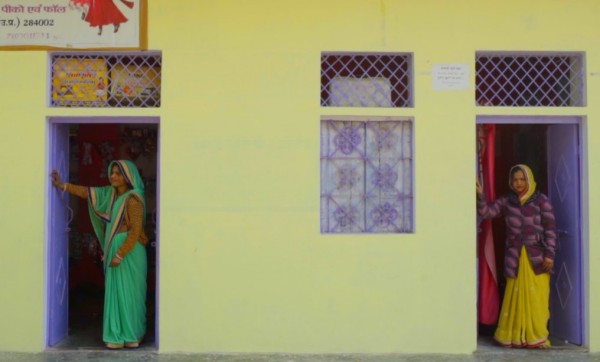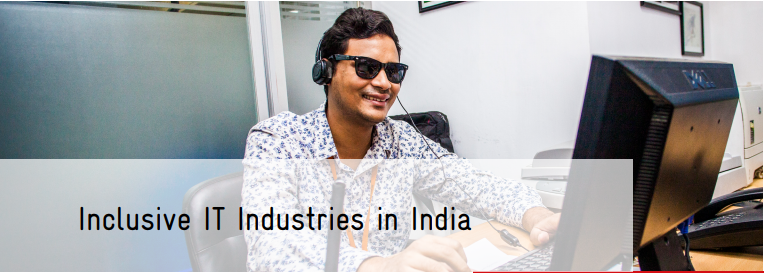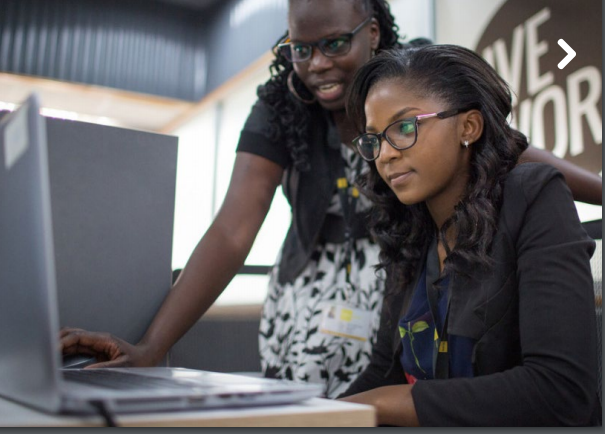August 2020, Varanasi
Hassan, a young mason, reached his home in Babatpur, Uttar Pradesh from Mumbai after a 1500-kilometer trek on foot. The long journey home was rough – sleeping on roadsides and surviving on whatever food he could fine – often uncooked rice. As he neared his village, he was quarantined at a camp for return migrants. Another hurdle in reaching the safety of his home, after months of struggling in the city during the nation-wide lockdown. As he left the camp, the hard reality hit – he had no source of income and a family to support. Labour laws had been discontinued and he did not know where he stood economically or what the future of his family would be. His growing despair at consistently being left out has turned into simmering rage. These days Hassan along with fellow villagers throw stones at passing cars; a last resort to be heard.
The frustrations of young people like Hassan in a world grappling with the COVID-19 pandemic tells us that the fault lines in our socio-economic systems lie bare once again. History as B.R Ambedkar asserted is not always an example. It is more often a warning. Since India’s independence, the movements of marginalised population groups in rural spaces have been relegated into obscurity; their voices drowned in the cacophony of dominant ones. And we never learn because we never listen.
In this article we build on the disconnect between citizen voices and demands for dignified livelihoods and political agendas. The article argues that through social innovation, especially through processes of deep listening, there is potential for channelising the voices of the marginalised into solidarity-based movements for entrepreneurship and social change. We believe that the premise of social innovation provides possibilities for action that can ignite new hope through entrepreneurship in the lives of young people like Hassan. In the context of the current crisis these possibilities can serve as guiding posts with the future of work uncertain in a socially distanced world.
Static Noise to Heard Voices
Over 252 million young people around the world were employed in the informal sector at the start of the pandemic. Now with disruptions to education and narrowing employment opportunities, their prospects seem bleak. Entrepreneurship, a policy response in states with tight welfare provisions like India, can open up new dimensions for dignified livelihoods through social innovation. Micro-entrepreneurship in India alone in the pre-pandemic era provided significant employment opportunities. The sector, however, needs to be infused with sensitivity and innovation to meet growing demands for employment while meeting aspirations of young people. Social innovation is a route for enabling system-wide changes to build a culture of entrepreneurship that can address such ambitions. The first step in the process is deep listening and dialogue with communities to drive empathy and understanding. These steps go beyond traditional bottom-up approaches. Rather listening can pave the path for jointly designing solutions with communities, as opposed to ‘for’ them.
An example in practice is the recent listening exercise undertaken by Development Alternatives to understand the implications of the rapidly changing realities of entrepreneurs in rural India during the pandemic. The exercise was conducted with the youth entrepreneur demographic in the states of Uttar Pradesh and Madhya Pradesh. The purpose was to maintain and build connections with the community, and drive empathy in practice while understanding current challenges. The exercise revealed the power of connection and the growing resilience of the local population, based on pre-pandemic investments in enhancing the local entrepreneurial ecosystem.
The young entrepreneurs forced into their homes actively expressed their dampening spirit. The opportunities that had begun to take shape were unreliable given the impact of the pandemic on the economy. They were concerned about future demand for their services and wondered whether they will ever be able to reach their aspirations and dreams – breaking cycles of poverty. Even as they shared their despair, instances of their resilience came up. They were adapting services to address current needs of their communities. For instance, a woman entrepreneur otherwise running a tailoring centre, leveraged her access to her brother’s motorcycle to sell vegetables in their villages, providing food for all during the lockdown. Other young entrepreneurs running digitally driven information centres were operating with socially distanced norms to ensure people were safely able to receive the welfare provisions promised by the state.
Youth led networks of solidarity
Instances of adaptability are not driven solely on monetary concerns, but rather overlap with a sense of social solidarity. These instances stem from emergent norms of dialogue, discussion and inclusive participation at different platforms in the local ecosystem, promoted by the Work4Progress India program of Development Alternatives and la Caixa Foundation. Youth entrepreneurs in rural India are facilitating forms of ‘dialogue hubs’ such as ‘safe spaces for women’ where members feel free to converse with each other on their daily struggles. They also participate in Regional Entrepreneurship Coalitions, engaging with policy makers and service providers to redesign solutions based on collective needs. With social distancing, the coalitions are now running virtually, encouraging entrepreneurs to build a collective vision to bounce back from the crisis. For example, a significant concern at present for most young entrepreneurs is access to credit. Through coalitions, youth entrepreneurs have not only connected with financial institutions providing flexible terms of credit but also influenced some to make amendments to their by-laws.

Taramani, a container manufacturing entrepreneur, at the regional entrepreneurship coalition
Spaces for open interactions have thus built networks of solidarity within communities to challenge prevalent norms of separation and dependency. Another example is from Bhojla village of Jhansi, where a network of young women entrepreneurs were working before lockdown to challenge patriarchal norms that limit their aspirations. They want to shift widespread pessimism of “unrealistic and unachievable dreams” into a paving the path for an achievable future they can build together. And part of that vision includes a technology driven career platform for young women.

Prabha (left) and Asha (right), leading members of Bhojla’s network of young women entrepreneurs
In jointly designing solutions with the youth, existing structures can be moved from within systems, as opposed to institutionally top-down driven social movements that are often co-opted politically, deepening anger and marginalisation. Social innovation practices of listening and co-creation turn the concerns and despair of new generations into a cohesive plan for their future, channelizing frustrations into opportunities. Systems can then facilitate networks across its members and platforms, building a movement of collaborative solidarity, driving inclusivity from the inside-out. But for that – first, we must listen and learn.

Vrinda Chopra
Vrinda is the Lead for Learning and Knowledge on the Work4Progress India program at Development Alternatives. New Delhi. An alumnus of University of Cambridge and the London School of Economics and currently a PhD fellow at the University of Cape Town, Vrinda is passionate about social change. For her PhD she is researching expressions of social enterprise and social innovation in emerging economies like South Africa and India.
Vrinda Chopra is a member of the EMES Research Network, you can visit her profile here

Stuti Sareen
Stuti works with Development Alternatives on applying social innovation to create jobs for youth and women in rural India. She is an India Masters scholar in International Political Economy from King’s College London and has worked at the UN on policy reviews.






